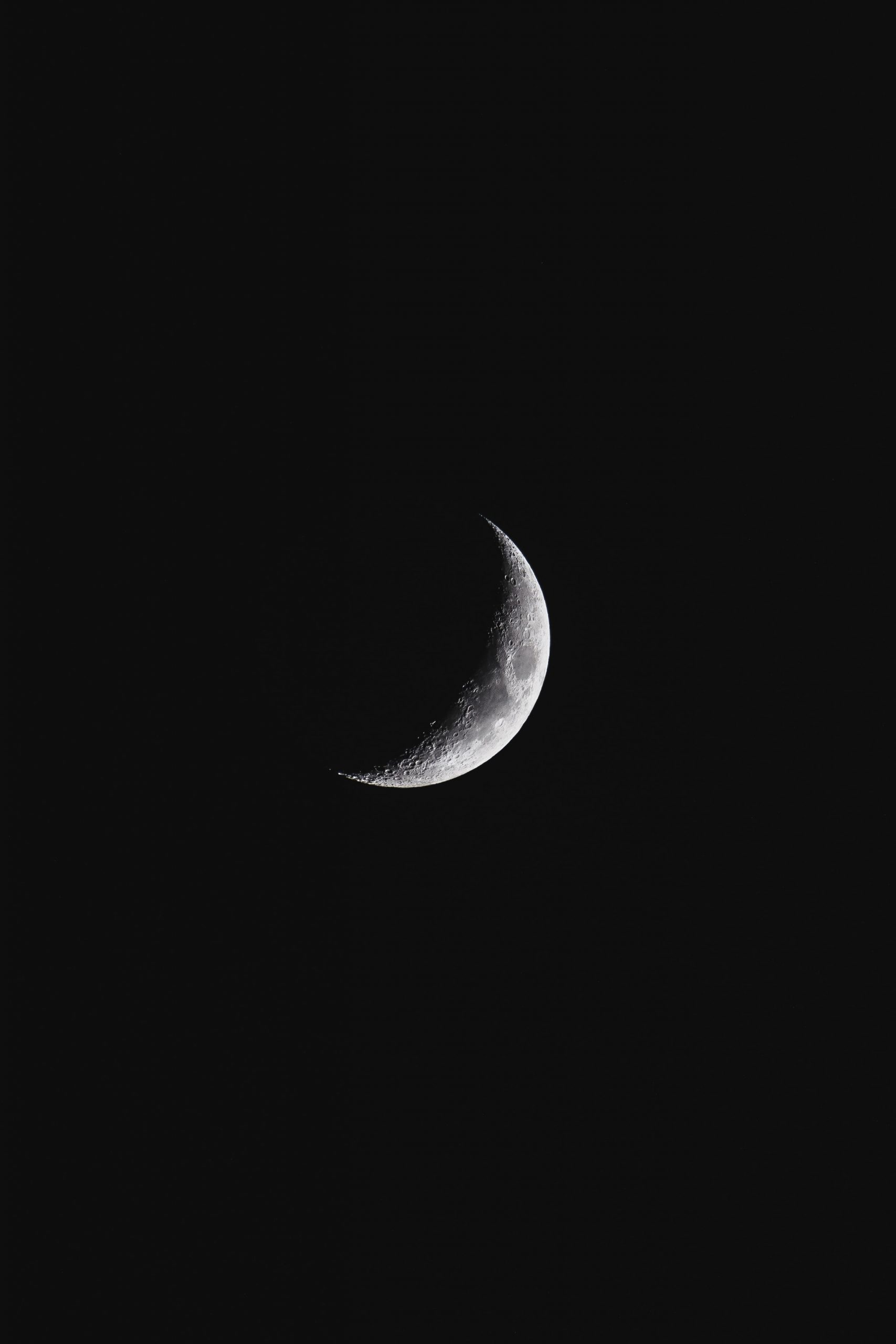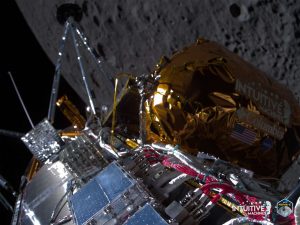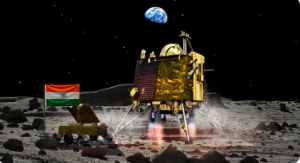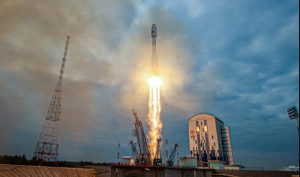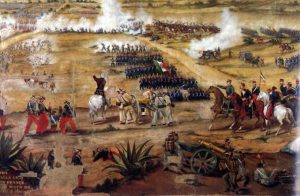Observing the crescent moon has a lot of religious significance for Muslims all around the world. It marks the beginning and end of the Ramadan month.
Also Read|April Fools’ Day 2022: Fun jokes and messages to share with your loved ones
Muslims around the world celebrate the ninth month of the Islamic calendar. Ramadan is known as the month of fasting, prayers, and fellowship. Suhur is the pre-dawn meal, while Iftar is the night feast that marks the conclusion of the fast. Iftar generally begins with a bite of a date and a glass of water, but it quickly progresses to delicious dinners of both vegetarian and non-vegetarian fare. Iftar foods and desserts are made in homes, restaurants, mosques, street stalls and other public places.
Also Read|Ugadi 2022: History and significance of this day
Ramadan is also celebrated with lovely traditions all across the world. In Egypt, it is celebrated with magnificent lanterns in addition to delicious dishes and prayer. People in Pakistan observe Iftar by going to the local bazaar for the Chaand Raat celebrations. Chaand Raat, or the viewing of the moon, is very religiously significant during Ramadan.
For Muslims, the crescent moon has a lot of religious significance. The appearance of the moon marks the beginning and end of Ramadan. People and religious officials begin looking up to the night sky to see the crescent moon before Ramadan begins. Looking for the crescent moon has been a tradition for thousands of years.
Also Read|Chaitra Navratri 2022: Significance, history, rituals, and puja timings
The month of Shaaban precedes the month of Ramadan. When the moon sighting customs are followed, the month of Ramadan begins after sunset on day 29 of the month of Shaaban. The crescent moon is extremely important to Muslims. It is frequently utilised in festival decorations, lanterns, gifts, and sweets.
Also Read|April Fools’ Day 2022: 5 pranks to pull on friends and family
Telescopes and radio telescopes are frequently utilised to assist moon-sighting traditions in making accurate predictions. Observers are advised to be in a distant place, devoid of pollution, and on high ground in order to see the crescent moon and begin Ramadan customs.

